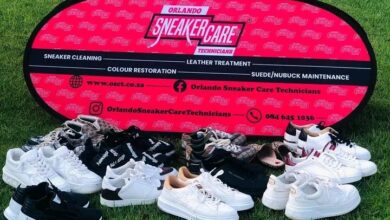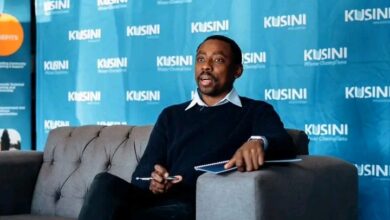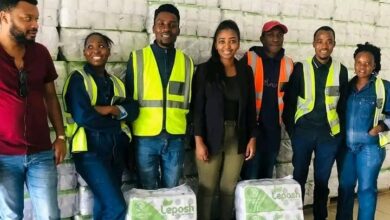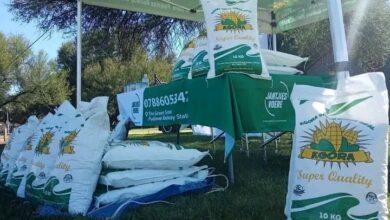Fire from Waste: The Ndzilo Charcoal Briquettes Journey by Given Ngwamba
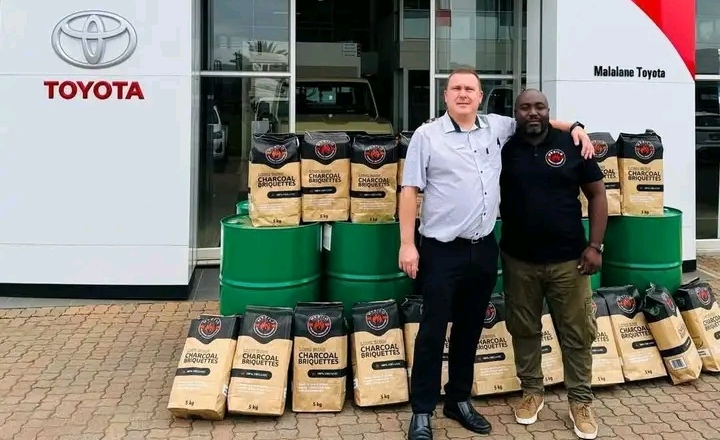
Fire from Waste: The Ndzilo Charcoal Briquettes Journey by Given Ngwamba. In Mpumalanga’s Ka-maqhekeza township, a trained sound engineer named Given Ngwamba transformed career setbacks into a sustainable business venture. With Ndzilo Charcoal Briquettes, he set out to redefine charcoal production by turning agricultural waste into clean‑burning fuel. His story offers aspiring entrepreneurs a roadmap of strategic pivots, community‑rooted branding, and innovation under constraint, all without assumptions, driven by verified details.
From Employment Struggle to Purposeful Pivot
After earning a sound engineering diploma at the National Electronic Media Institute of South Africa, Ngwamba struggled to find work in his field. Despite attempts at launching an online radio station, high data costs in rural Mpumalanga led to minimal reach and little income. Facing economic pressure, he turned inward, backyard reflections led him to charcoal, a staple during load‑shedding and power cuts.
In 2019 he began experimenting in his garage, carbonising agricultural byproducts like sugar‑cane husks, mango leaves, banana‑tree offcuts, groundnut shells, coconut husk, and macadamia shells. This early transition underscores a key entrepreneurial lesson: when one path closes, create another by aligning personal skills with local needs.
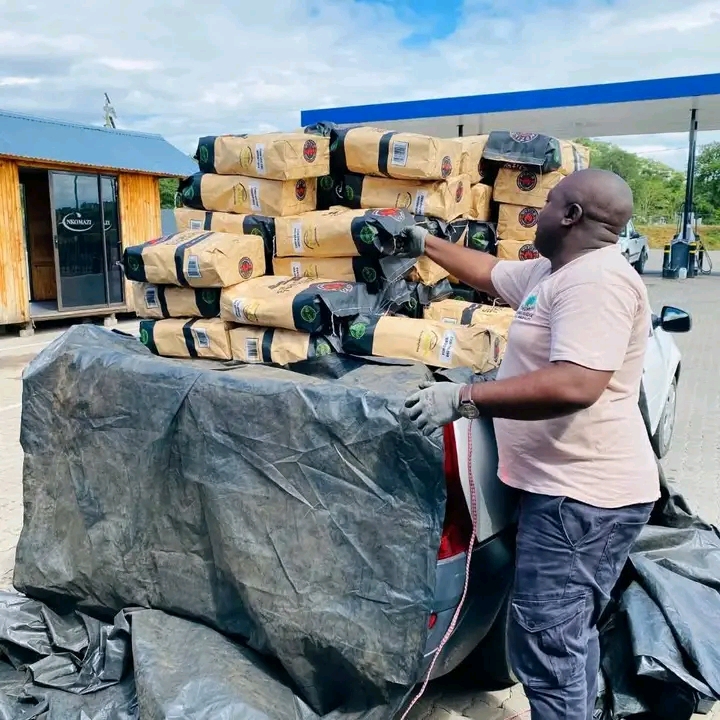
Crafting a Sustainable, Differentiated Product
Ngwamba’s breakthrough came with his doughnut‑shaped briquette design. He built homemade kilns, experimented with sun‑drying, and refined the dough‑like mixture until he delivered charcoal that ignites quickly, smokes less, and burns cleanly. By addressing user pain points common during braais and load‑shedding, he created product differentiation rooted in performance and environmental stewardship.
He branded the product “Ndzilo,” meaning “fire” in XiTsonga, an allusion to both function and cultural heritage. His branding strategy underscores another lesson: align product identity with local language, culture, and value, to strengthen consumer connection.
Overcoming Resource Constraints
In the early stages, Ngwamba lacked financial support, machinery, and even transport. He collaborated with local welders to fashion his own carbonisation and briquetting units. To collect waste materials, he used a wheelbarrow. These constraints compelled creative problem‑solving and cost minimisation, traits essential for early‑stage ventures.
Another lesson emerges: scarcity fuels innovation. Rather than await loans or partnerships, Ngwamba acted with what he had, prototype, iterate, improve and results followed.
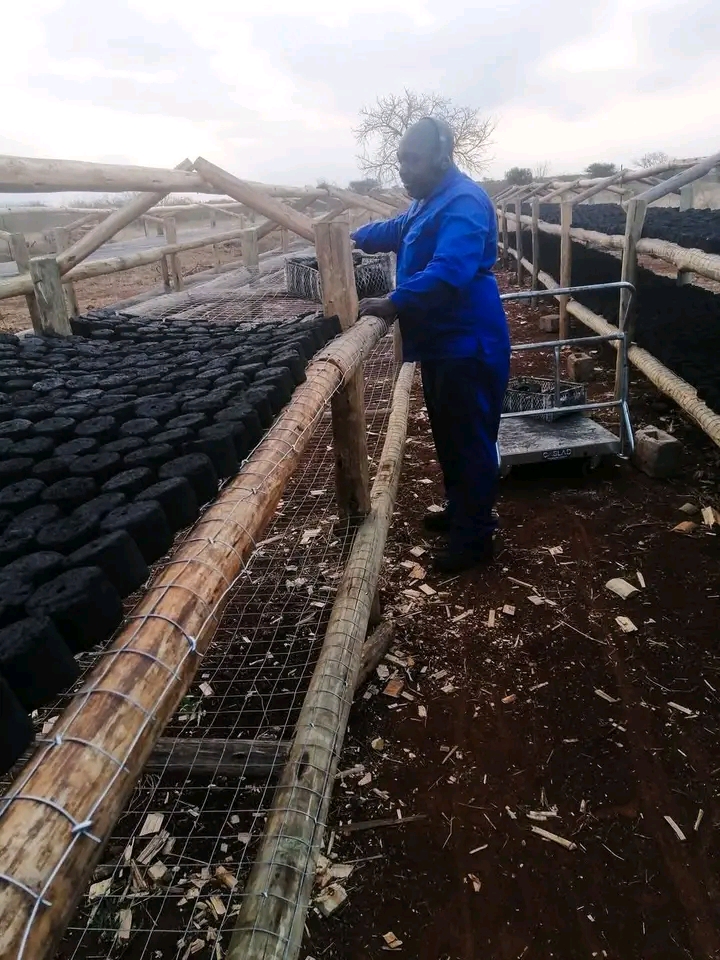
Milestones and Institutional Support
- Garage prototype: Testing agricultural wastes in homemade kilns.
- Business registration: Officially established Ndzilo Charcoal Briquettes.
- Pick n Pay partnership: Supplied local and national supermarket chain, confirming product-market fit.
- SEF backing: Avo Vision’s Social Employment Fund boosted capacity, from 3 employees and 200 bags/month to 15 workers producing 300–500 bags/month.
- Expansion and employment: By September, the business employed 17 people (7 women), sold over 17 tonnes of briquettes, and generated R32 380 in recorded sales.
Each milestone reflected a smorgasbord of strategy: brand validation through large retailers, operational scaling via funding, and social impact via job creation.
Strategy and Innovation That Fueled Growth
a) Niche Sourcing and Eco Appeal
Using local agricultural waste not only reduced raw‑material costs, it positioned Ndzilo as a green alternative to tree‑based charcoal.
b) Performance‑based Differentiation
Cleaning less smoke, faster ignition, and doughnut shape marketed around benefits validated via consumer choice.
c) Strategic Retail Partnerships
Securing shelf space at Pick n Pay and Spar provided legitimacy, exposure, and distribution leverage.
d) Institutional Support
Applying for SEF support enabled hiring, training, and access to new markets, proving that public‑private partnerships can accelerate impact.
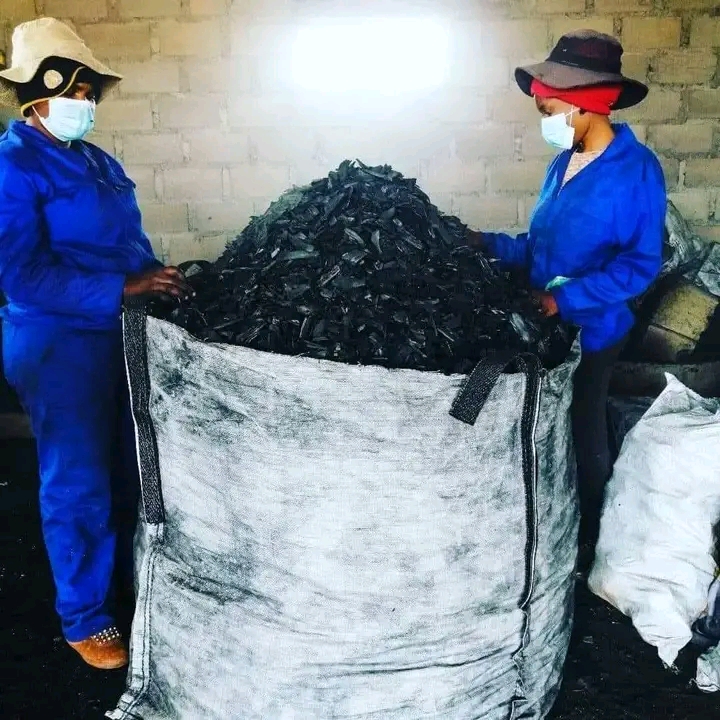
Challenges and Breakthrough Moments
Logistics challenges: Initially no transport; overcame it by manual labour, wheelbarrow sourcing.
Consumer skepticism: Convincing buyers a new eco charcoal could match old‑school logs took persistent demonstration and free trials.
Capacity limits: Manual briquetting capped output, but SEF funding allowed scale, though automated machinery remains a goal .
These challenges underscore three insights: start small, prove product benefits, then scale intentionally with support.
Lessons and Takeaways
- Start with what you have: Ngwamba built kilns and used wheelbarrows instead of waiting for loans.
- Solve specific problems: Identify key pain points, smoke, ignition time, environmental impact and design solutions.
- Build a strong brand: Leverage cultural language (“Ndzilo”) and clear product identity.
- Validate with real channels: Institutional partnerships (Pick n Pay, SEF) provide credibility and scale.
- Use constraints to innovate: Restriction fosters creative, cost‑effective problem-solving.
- Embed social impact: Job creation, skill training and environmental benefits build deeper brand story and support.
Conclusion
Given Ngwamba’s transformation from frustrated engineer to eco‑charcoal entrepreneur offers a powerful blueprint. He exemplifies resilience, ingenuity, and a deeply strategic approach: solve real problems, brand authentically, validate early, and scale with purposeful support. For founders targeting green impact or community‑centric ventures, his journey shows how local roots can flame global potential.

